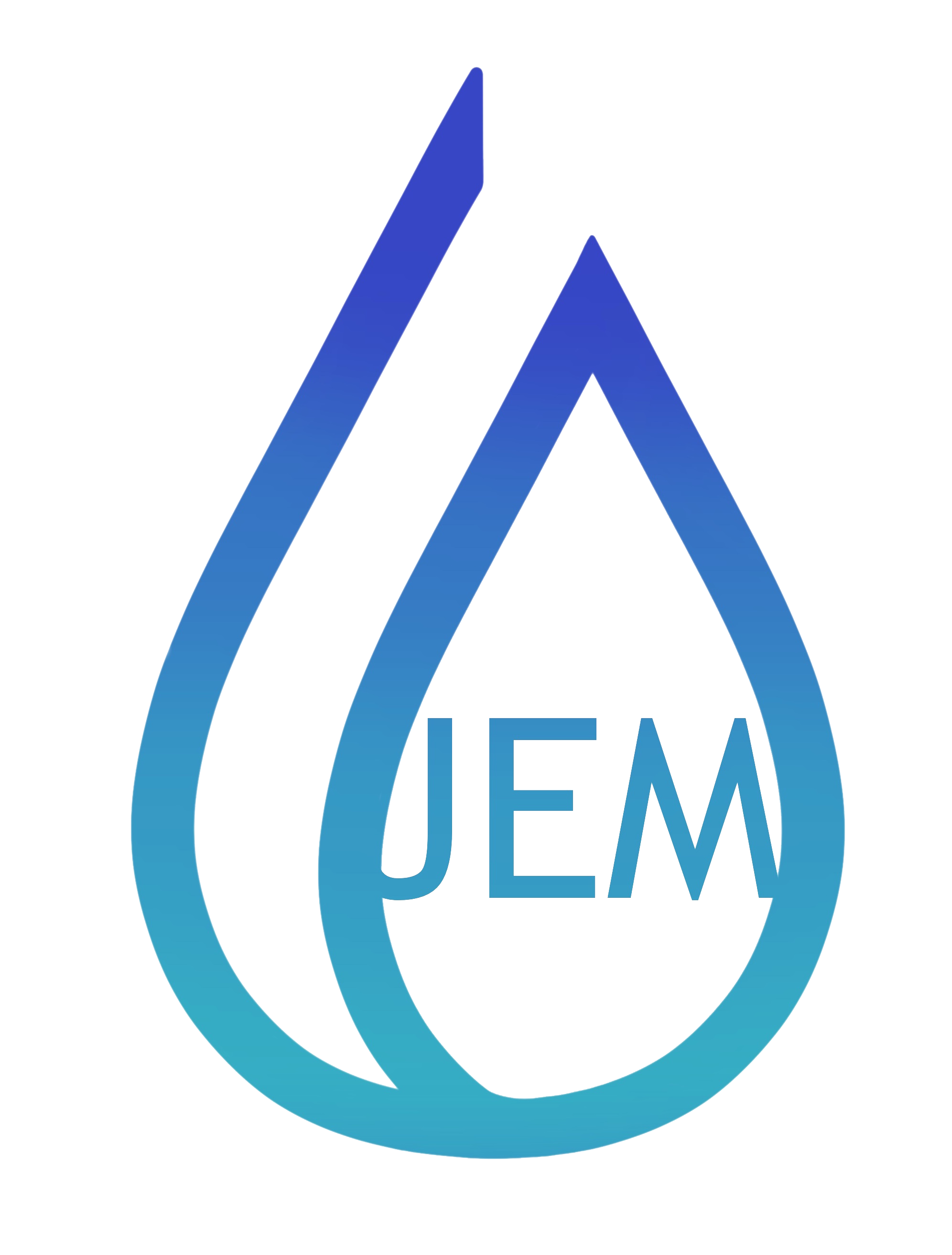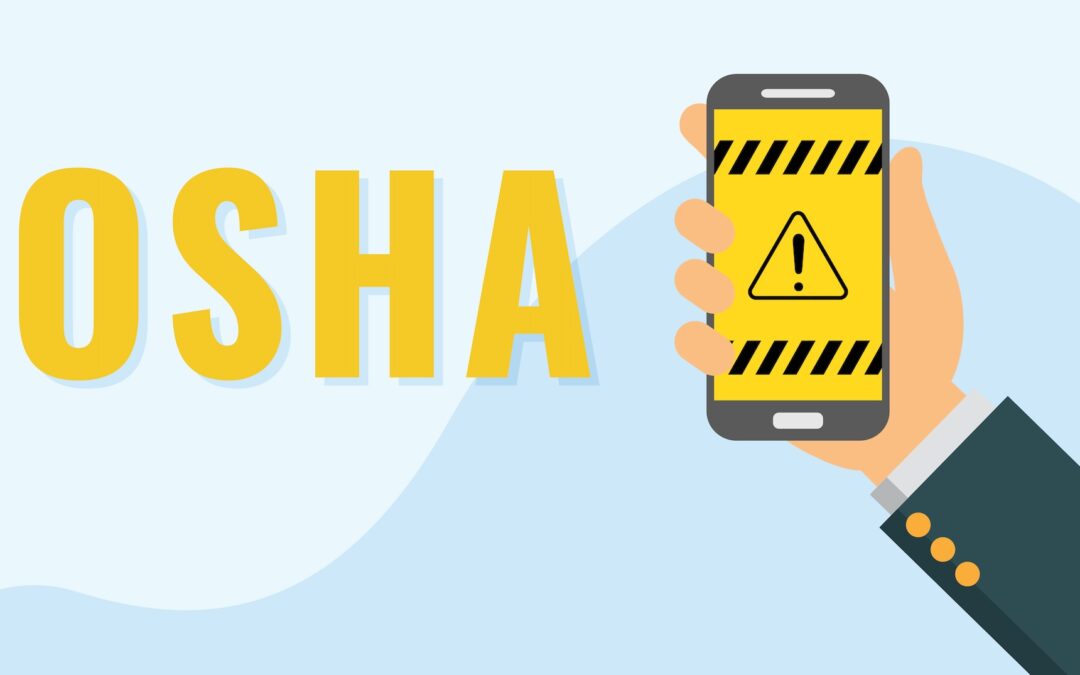What does industry-standards mean?
Industry standards are documents that determine technical or procedural specifications. They maximize the reliability of products or services in specific industries. They establish what is acceptable both globally and domestically. They provide a function of the value of standard sizes and performance requirements for manufactured parts and minimum performance standards for services.
Discussion Points:
• What does industry-standards mean?
• Why do we have industry standards?
• How do standards effect your company’s operations?
• What are examples of standards?
• Where do I find industry standards?
Discussion:
Governments depend on industry standards when developing legislation. They address methods for assessing product performance, reliability, and safety. There are organizations within particular industries and across trades that manage the development and revision of standards. These include the United States Occupational Safety and Health Administration (OSHA) and the American National Standards Institute (ANSI). OSHA standards are usually officially mandatory for an employer, where ANSI standards are generally recommended.
Why do we have industry standards?
Industry standards provide guidelines of detailed information and form the fundamental design for product development. They ensure product functionality and compatibility, simplify communication, supports best practices within an industry, and offer user safety. OSHA standards are published in Title 29 of the Code of Federal Regulations (CFR) and are divided into separate standards for General Industry, Construction, and Maritime. OSHA’s mission is to ensure employers provide a safe environment for employees by setting and enforcing standards. Employers must comply with all applicable OSHA standards. OSHA provides training, assistance, and outreach to ensure compliance.
As always, stay safe out there!


Recent Comments